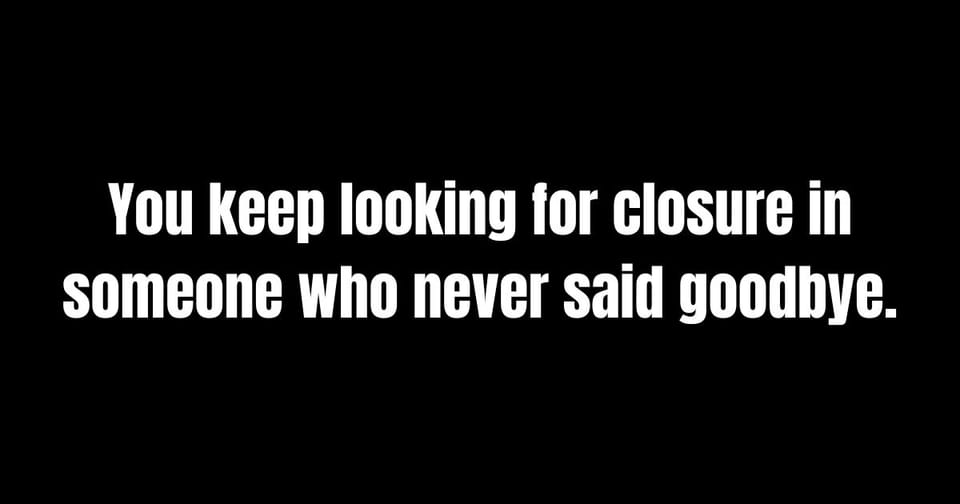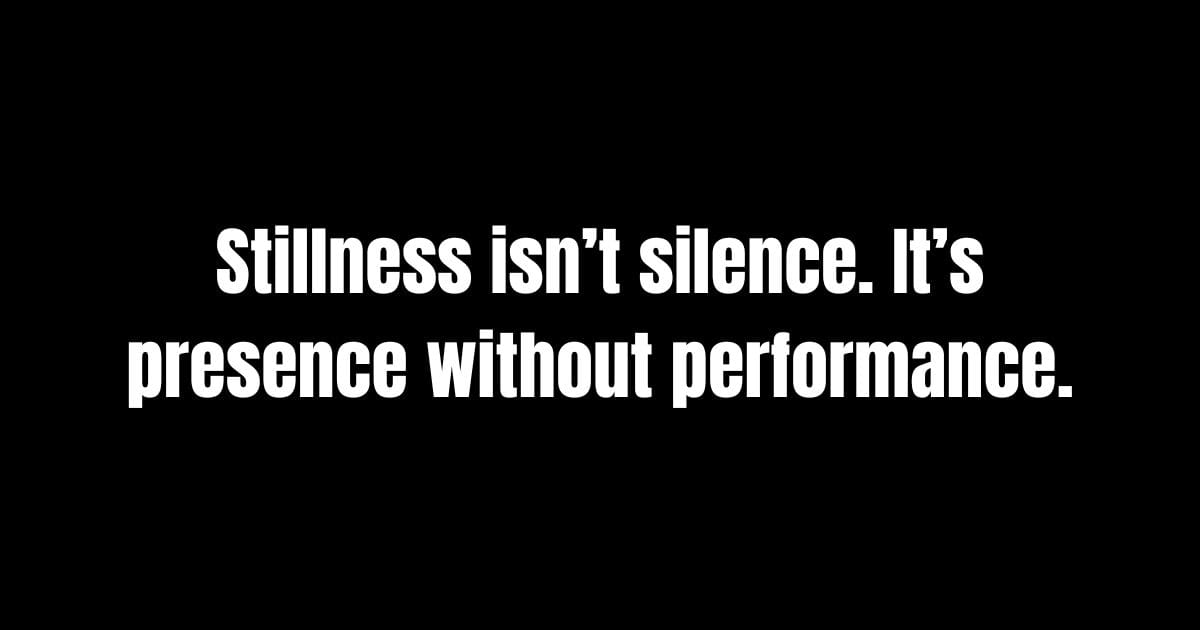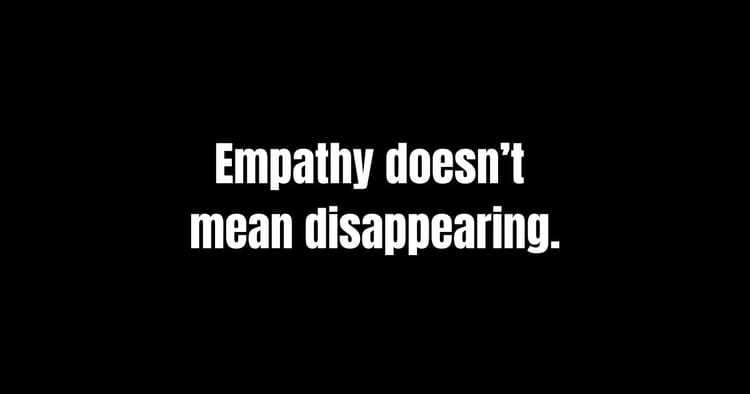How to Grieve Someone Who’s Still Alive

How to Grieve Someone Who’s Still Alive
(And Why That Ache Counts, Even Without a Goodbye)
If you’re here, you’re probably grieving something you can’t say out loud.
Because they’re not gone.
Not in the way people usually mean.
They’re still breathing. Still existing. Still uploading photos and walking around with a heartbeat.
And that makes it harder to explain why it hurts.
Why it lingers.
Why it feels like you’ve been left with nothing to bury, but everything to carry.
The Grief No One Prepares You For
I remember realising it in the middle of a shop.
They had just stopped replying.
No explosion. No closure. Just... nothing.
And I found myself holding a jar of pasta sauce, blinking too hard in the fluorescent lighting, because the last time I saw them, we laughed about how I always forgot the sauce.
That’s when it hit me.
They were still alive.
And I was grieving them like they weren’t.
There was no funeral.
No crowd.
No final moment where someone said “I’m sorry.”
Just silence.
And absence.
And a thousand tiny reminders of a person who no longer looked back.
What This Kind of Grief Feels Like
It’s a quiet heartbreak.
You might still see them online.
You might bump into them in public.
You might still hear their voice when something funny happens, and instinctively reach for your phone.
But it’s not the same.
The tether is gone.
They’re still living.
Just not in your world anymore.
And that ache—the one that doesn’t come with condolences or flowers—still counts.
Yes, You’re Allowed to Grieve
I used to tell myself I wasn’t allowed to feel it.
That because I chose to step back, I didn’t get to miss them.
That because they weren’t dead, I didn’t get to mourn.
But grief doesn’t wait for permission.
It arrives when something you loved disappears.
Even if that thing is still posting beach photos.
Even if they’re sitting in the next room, quieter than they used to be.
Even if they outgrew you without saying why.
You can hold the truth that something ended, even if no one else saw it happen.
You can grieve the version of them who used to show up.
You can miss the way they said your name when they meant it.
And yes.
Even if it ended on your terms.
Even if you were the one who walked away.
You still get to grieve what you lost.
Walking away doesn’t cancel love.
It just makes it heavier to carry.
What Letting Go Looks Like
(When There’s Nothing to Bury)
For me, it looked like walking through a city I loved and realising it didn’t feel like mine anymore.
Because they had been in the corners of it.
The cafés. The buses. The late-night messages on the walk home.
And without them, the place didn’t feel right.
Letting go didn’t happen in one moment.
It happened across a thousand almosts.
- Almost texting them something random
- Almost checking their page
- Almost thinking they might come back
And each time, I had to remind myself:
They’re not coming.
And that doesn’t mean I imagined what we had.
It just means it ended without ceremony.
Letting go looked like choosing not to keep reopening the same door
just to see if they’d finally be standing there.
You’re Not Overreacting. You’re Grieving.
People might not understand this kind of loss.
They might say,
“But they’re not dead.”
Or,
“Can’t you just move on?”
But not all grief needs a grave.
Sometimes, it just needs a name.
And this is yours.
You’re grieving someone who’s still alive.
Someone who once looked at you like you mattered.
Someone who once answered.
Someone who felt like home.
That kind of loss doesn’t disappear quietly.
It takes its time.
And so should you.




